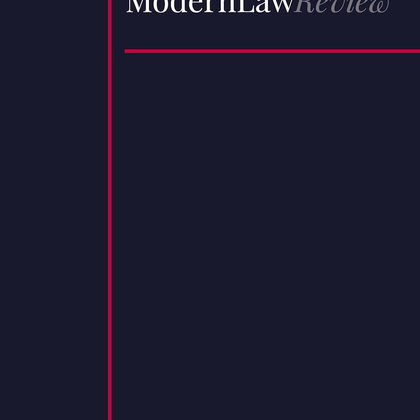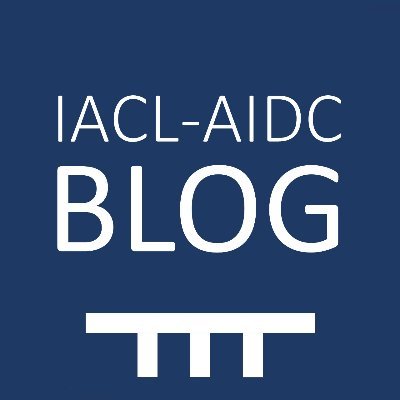
Scott Stephenson
@s_m_stephenson
Followers
1K
Following
2K
Media
6
Statuses
1K
Associate Professor, Melbourne Law School, The University of Melbourne. Interested in administrative, comparative, constitutional & human rights law & theory.
Melbourne, Australia
Joined July 2011
The 'No' pamphlet claims that the Voice is too legally risky, a leap into the unknown, and that legal experts disagree about how the High Court will interpret the new provisions. I addressed these concerns in a post on @auspublawblog in April.
3
21
50
Is the Voice too uncertain or risky? Can we trust the High Court not to do something radical with the amendment? Should we worry that there isn't consensus among lawyers & judges on the Voice? I discuss these concerns in a post on @auspublawblog:
2
10
24
Is the current proposal for the Voice constitutionally ‘radical’? Does it need to be changed to stop the Voice from advising the Executive? Does it need to be changed to stop Court challenge? The answer to all three is no, as I explain in @ConversationEDU.
theconversation.com
The current draft wording is the model most consistent with Australia’s current and historical constitutional practice.
2
17
37
RT @WPartlett: What is the relevance of historiography to constitutional litigation? Should lawyers and judges care about the methods and….
onlinelibrary.wiley.com
Lawyers and judges often use history in constitutional adjudication to provide context for constitutional interpretation. But there is debate about the extent to which historiography – the critical...
0
27
0
Have you read a great article on constitutional law published in an Australian legal journal in 2021? Nominate it for the @AACL_AusCon Saunders Prize by 20 June 2022. #auslaw #auscon
0
13
15
Last year's inaugural Junior Scholars Forum was a terrific event, where early career comparative constitutional law scholars received feedback on their work from distinguished academics. If you're an early career scholar, consider submitting an abstract for this year's event.
The @iacl_aidc is thrilled to announce the second online Junior Scholars Forum to be hosted by @UNAM_MX & @uodroitpublaw 8-14 September 2022! Submissions are invited from junior scholars on any topic related to constitutional law
0
0
3



